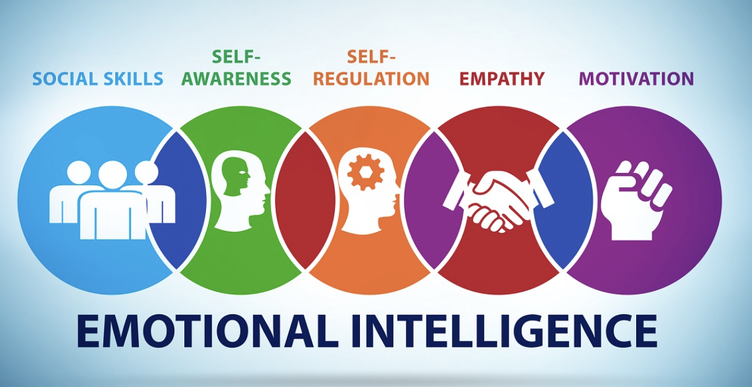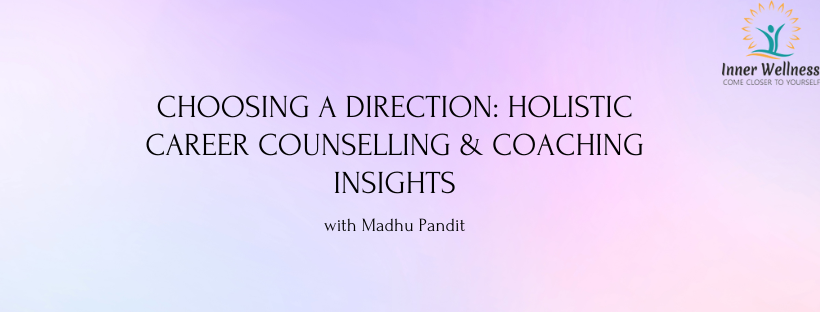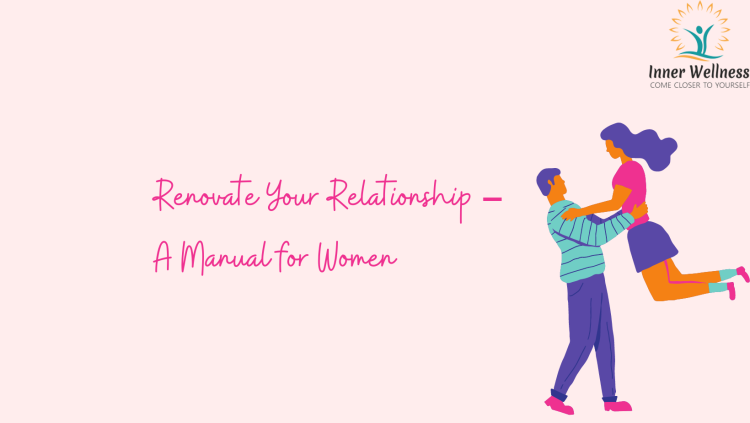Embracing mindfulness in daily life can greatly contribute to inner wellness and overall well-being. Mindfulness is the practice of being fully present and aware in the moment, without judgment. Here are some strategies to help you incorporate mindfulness into your daily life:
- Start with a Morning Routine: Begin your day with mindfulness by setting aside a few minutes for a morning ritual. This could involve deep breathing exercises, meditation, or simply taking a moment to appreciate the sunrise and the new day.
- Mindful Breathing: Throughout the day, take moments to focus on your breath. Pay attention to the sensation of each inhale and exhale. This simple act can help you become more grounded and present.
- Mindful Eating: When you eat, do so with full attention. Savour the flavours, textures, and smells of your food. Avoid distractions like TV or smartphones during meals.
- Walking Meditation: Instead of rushing through your daily walks, turn them into a mindful practice. Pay attention to each step, the feeling of your feet on the ground, and the sounds of nature or the city around you.
- Mindful Work: Whether you’re at the office or working from home, take short breaks to practice mindfulness. Close your eyes, take a few deep breaths, and return to your tasks with renewed focus.
- Mindful Communication: When speaking with others, listen actively and without judgment. Be present in the conversation rather than thinking about your response.
- Gratitude journaling: At the end of each day, write down three things you’re grateful for. This practice can help shift your focus towards the positive aspects of life.
- Digital Detox: Reduce screen time and social media use. Constantly checking your devices can disrupt your mindfulness. Set specific times for checking emails and social media.
- Mindful Hobbies: Engage in hobbies or activities that require your full attention, such as gardening, painting, or playing a musical instrument. These activities can be highly meditative.
- Mindful Reflection: Set aside time each week for self-reflection. Ask yourself questions about your goals, values, and what truly matters to you.
- Mindfulness Retreats: Consider attending a mindfulness retreat or workshop to deepen your practice and connect with like-minded individuals.
Remember that mindfulness is a skill that takes time to develop. Be patient with yourself and aim for consistency in your practice. Over time, you’ll likely experience improved inner wellness and a greater sense of peace in your daily life.
Explore Our New Programs:
Embracing Mindfulness for Daily Living: Tips and Strategies from Inner Wellness Read More »










